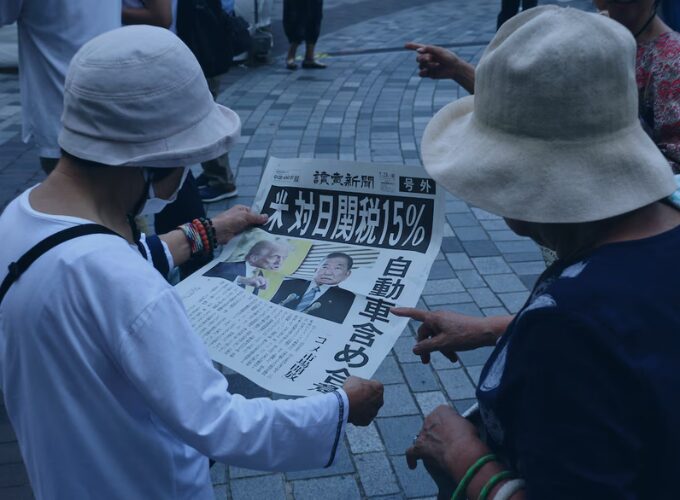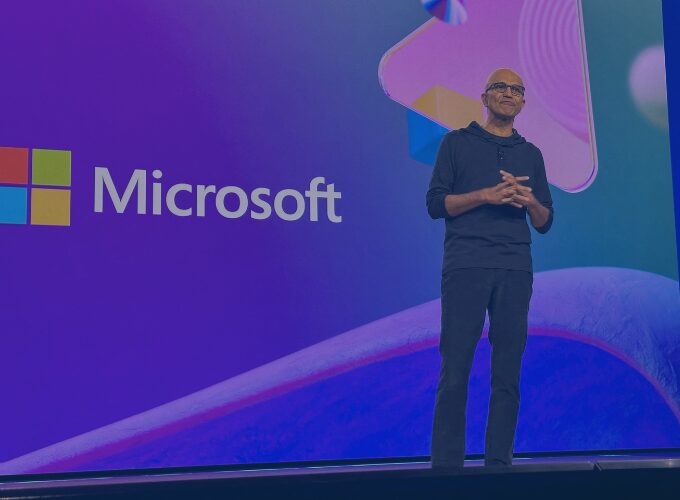MeetInc.
The United States and Japan have reached a new trade agreement that will see a 15% tariff imposed on Japanese imports to the US—lower than the 25% President Donald Trump had threatened earlier this month, but still higher than the 10% that had been in place during negotiations.
The deal, which Trump called “massive” and “perhaps the largest ever made,” is the latest in a wave of bilateral trade pacts pursued by the US president under his policy of imposing ‘reciprocal tariffs’ on allies. It follows similar agreements with the UK, Indonesia, and tentative understandings with Vietnam and the Philippines.
Under the terms of the deal, Japan will lower its auto export tariffs to 15% with no cap on volume. Prime Minister Shigeru Ishiba welcomed the outcome, saying the agreement secured tariff reductions for Japanese cars and parts “without quantitative restrictions” and “ahead of the rest of the world.” Automotive exports are central to Japan’s economy and make up the bulk of its $63 billion trade surplus with the US.
Shares in Japanese carmakers jumped on the news. Mazda rose more than 17%, Subaru gained 16%, and Toyota and Honda saw gains of over 14% and 11% respectively. Japan’s Topix index rose 3.2%, while the yen weakened slightly against the dollar.
The agreement, however, leaves several contentious issues unresolved. High tariffs on Japanese steel and aluminium remain in place, and there are no provisions on Japan’s defence spending, a point of tension in recent US-Japan relations. Japan’s chief negotiator, Ryosei Akazawa, confirmed that those issues were not part of this round of negotiations.
Trump also claimed Japan would invest $550 billion in the US across sectors tied to national security, including semiconductors, steel, AI, shipbuilding, and aviation—though he did not offer details on the timeframe or entities involved. Akazawa said the Japanese government would guarantee such investments, and that both countries would pursue a joint venture in liquefied natural gas in Alaska.
Reaction from the US automotive industry was more muted. The American Automotive Policy Council, which represents Ford, GM, and Stellantis, criticised the deal for lowering tariffs on Japanese vehicles with little US content, while imposing higher duties on cars built in North America with substantial US parts.
The agreement comes at a politically sensitive moment for Ishiba, whose ruling party recently suffered heavy losses in Japan’s upper house elections. Reports suggest he may step down in the coming months, though he has denied making any decisions.
You Might Also Like

Latest Article
Shared ChatGPT Conversations Are Showing Up In Google Searches
Some ChatGPT users may be exposing personal details to the wider internet without realizing it, as shared conversations from the platform are being indexed by major search engines like Google and Bing. ChatGPT conversations are not public by default. However, users can voluntarily create a shareable link by clicking a “share” button and then … Continued
|
1 August 2025
Written by MeetInc.

APS Leaves Door Open to Rejoining HSBC Malta Sale Talks
|
1 August 2025
Written by MeetInc.

Strong Q2 Rebound Boosts APS Bank’s Half-Year Performance
|
31 July 2025
Written by MeetInc.











